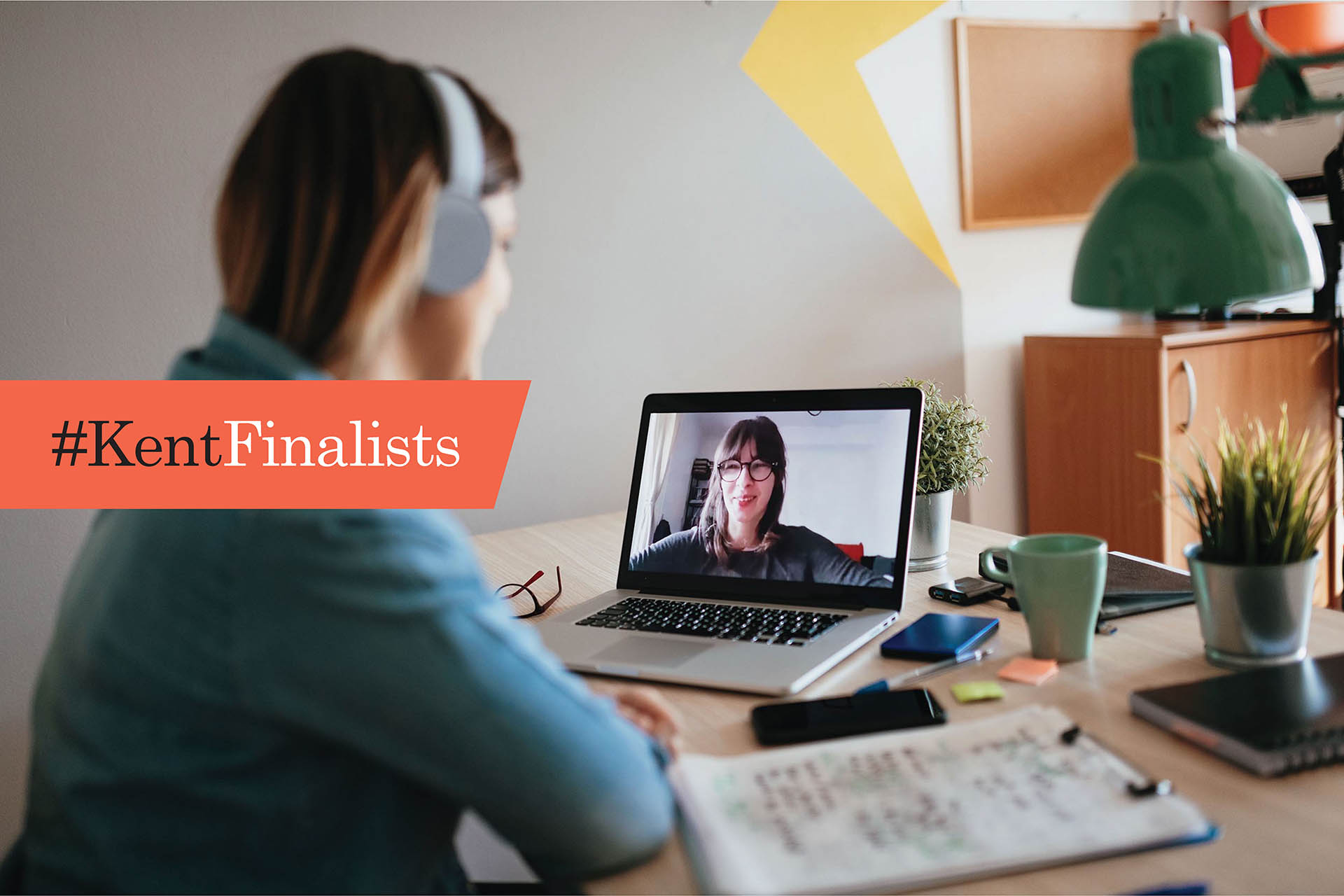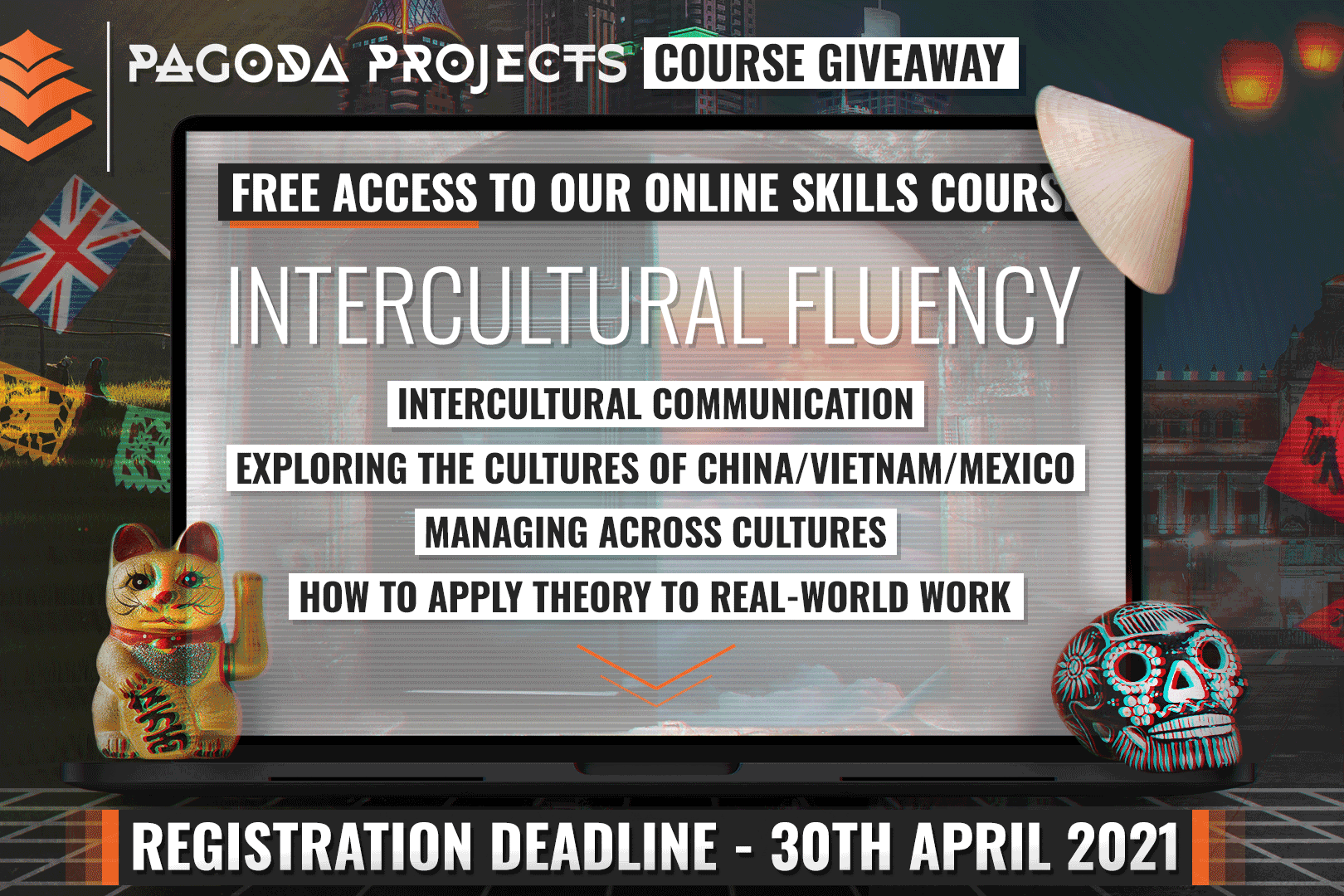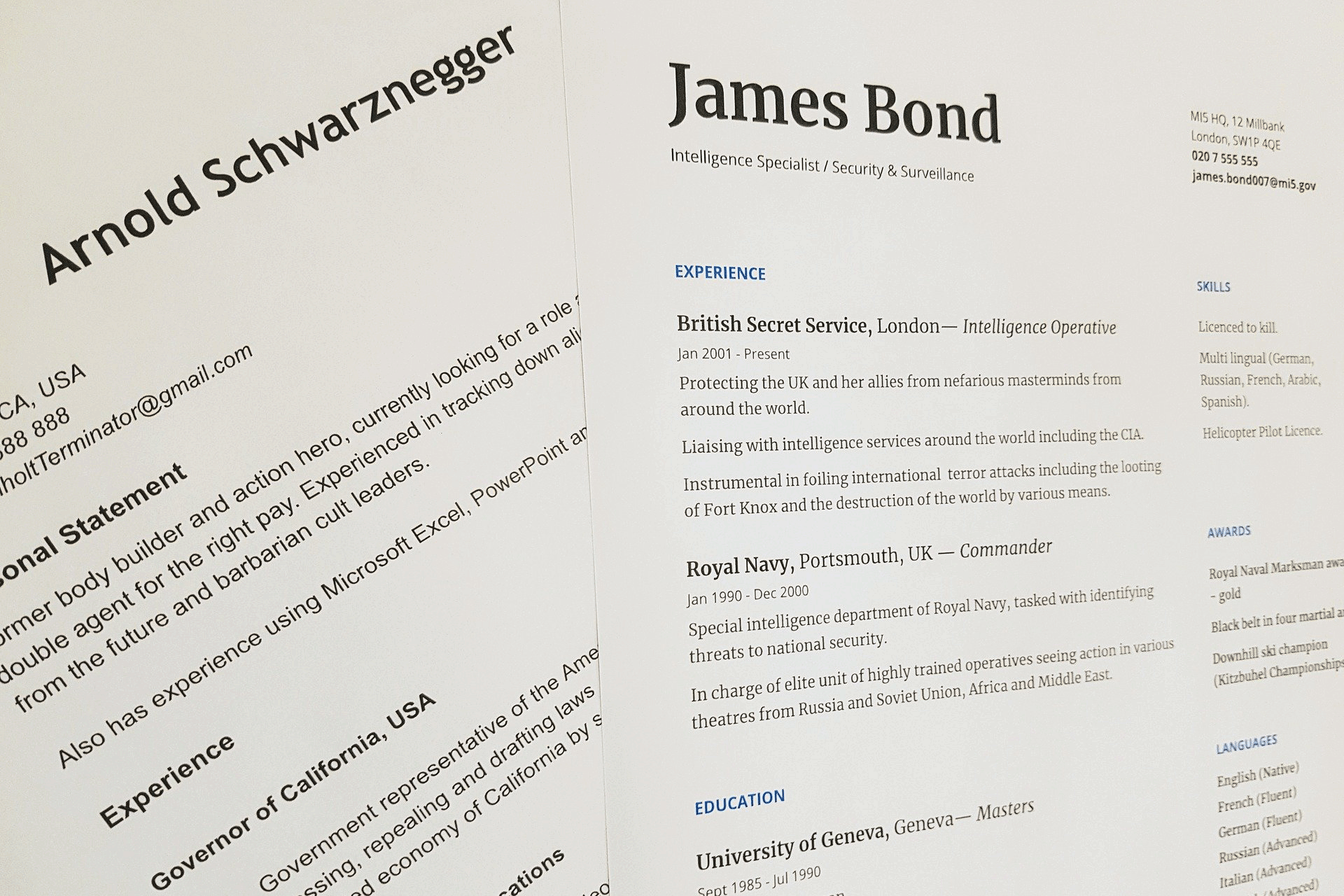Hi! I’m Harvey, I’m a second year University of Kent student studying Marketing. I came to university a little later at 21 so I’ve worked in a few places before and during uni so far.
So, I thought I’d share my tips for finding experience and making the most of it at university.
Where to look?
For placements such as a Year in Industry I’d recommend sites like Target jobs, the University website, RateMyPlacement, Indeed or other job hunting websites.
If you’re like me and are doing a placement as part of your degree, or even would just like something like a summer internship there are loads of experiences available on these sites. My advice would be if you want to work with a big company then you need to look early in the academic year between September and December, but a lot of opportunities will be available throughout the year. It is important to check at least once every couple of days, as sometimes being in there early is what might get you to the next stage, especially if the company gets a lot of applications!
Although COVID-19 is affecting the part-time job market, currently a lot of food retailers are crying out for staff. During the first peak I was able to secure a driving job at Tesco without an interview. Especially if you’re willing to be a picker at supermarkets (which unfortunately can mean a 4am start!) there is plenty of experience. Although currently a lot of retail outlets are closed you may be able to get experience if you think outside the box. Perhaps being a COVID tester may work for you?
Another great resource we have at the university is the Careers and Employability Service. This is how I got my job as a project officer. I have the opportunity to gain professional skills and enhance my confidence in a controlled environment where it is fine to ask questions and be unsure! The team are really friendly and willing to answer any of your questions so why not have a look at TargetConnect (and look regularly because there’s always new experiences appearing!).
Finally, Send an email! Why not contact local companies offering to do some work for free? They might appreciate the extra help and you can gain insight into a field of interest as well as adding to your CV!
Don’t rule out SMEs!
Placements at big firms are great but smaller companies or (SMEs) may offer you a greater amount of responsibility. Whereas at large companies you may be responsible for your own little slice of the business, often working with SMEs can mean you are responsible for the entire department such as marketing or finance for the time you are there. For example, Aiden, a Kent student who did an internship at Medway Council during the summer in 2019 through the Employability Points Scheme, was given responsibility for a national project on rough sleeping in the UK. Not only is that great to put on a CV but is a really worthwhile experience too!
I want to highlight the Employability Points Scheme we have here at the university. This is a great place to bank up points and redeem them for potential rewards including internships and summer placements! Having engaged with the scheme myself I can attest that they’re really supportive and friendly and will endeavour for you to get the best reward possible! There’s loads of things on offer from small day-long courses on interviewing and assessment centres, to work experience and all the way up to 3 month summer internships at a variety of different companies like the one I just mentioned!
Do your prep work and ask for help!
Once you’ve found that dream job and sent off a blinding application you hopefully will get a request to interview. But first you need to prepare! Here is a few tips to make sure you walk in with the best chance possible.
- If you know the person who is interviewing/reading the application search them up! If you can find a common connection (or even better what they’re passionate about) then remember it and bring it up in a way that seems like a coincidence!
- It seems obvious but make sure you research the company, what do they do? What makes them unique? Knowing this information will make you stand out in interview as someone who is serious about the job and you will feel more confident going into an interview.
- Create a network. Today it may not matter but by the end of university you may be able to call on connections for work, and hey knowing more people can’t hurt right? When I was asked to interview for my placement year at a large car maker I found someone who had been there the year before and talked to them, asking about the assessment process and the type of things they might want to hear at interview. In the end this increased my confidence massively going into the assessment centre and I got the job!
- As always, it never hurts to make a careers appointment if you want your CV or covering letter for a job checked, or any other advice related to careers. The team really have helped me to get where I want, and they couldn’t be more helpful! Visit the Careers and Employability Service website to book appointments, find events and links to their social media.
Interviewing
Interviews are scary for everyone! Whether it is a good or a bad thing I have done many since I started looking for work in 2017 so I have a few tips for making sure you show your best!
- Be yourself! They’re hiring the person not the CV, if you judge the situation well and are able to be personable and friendly it will make you more memorable than if you’re frowning and being monosyllabic!
- Remember, read the job description, know the company and what they might want to ask you about, have examples!
- Everything is an experience, even if you don’t get it, it doesn’t mean you wont get something and you’ll be able to learn from it for next time!
- If you’re nervous, at this level remember everyone will be, they’re not looking for perfect just a willingness to learn and maybe some evidence to back it up (like maybe a uni project you’re proud of) they want to learn about you as much as you about them
Every experience is valid
Whether it is volunteering to pick up litter or working for an international bank, any experience you can gain is good experience! Don’t write off an internship because it is at a small company or unpaid because at the least you’ll learn the soft skills classrooms can’t teach and if you make a good enough impression, who knows, you may even be offered a permanent role! Some companies, especially evident on the Employability Points scheme, have been known to take on interns permanently, Including Reflect Digital and TMLEP who have both taken on multiple interns from Employability Points full time! Again check out the Employability Points Scheme.
To be anecdotal: I think of experiences like building a pyramid out of blocks… The first experiences form your foundations and a solid base to add more blocks onto. Likewise you can’t start at the top of the pyramid because there is nothing to support it!









